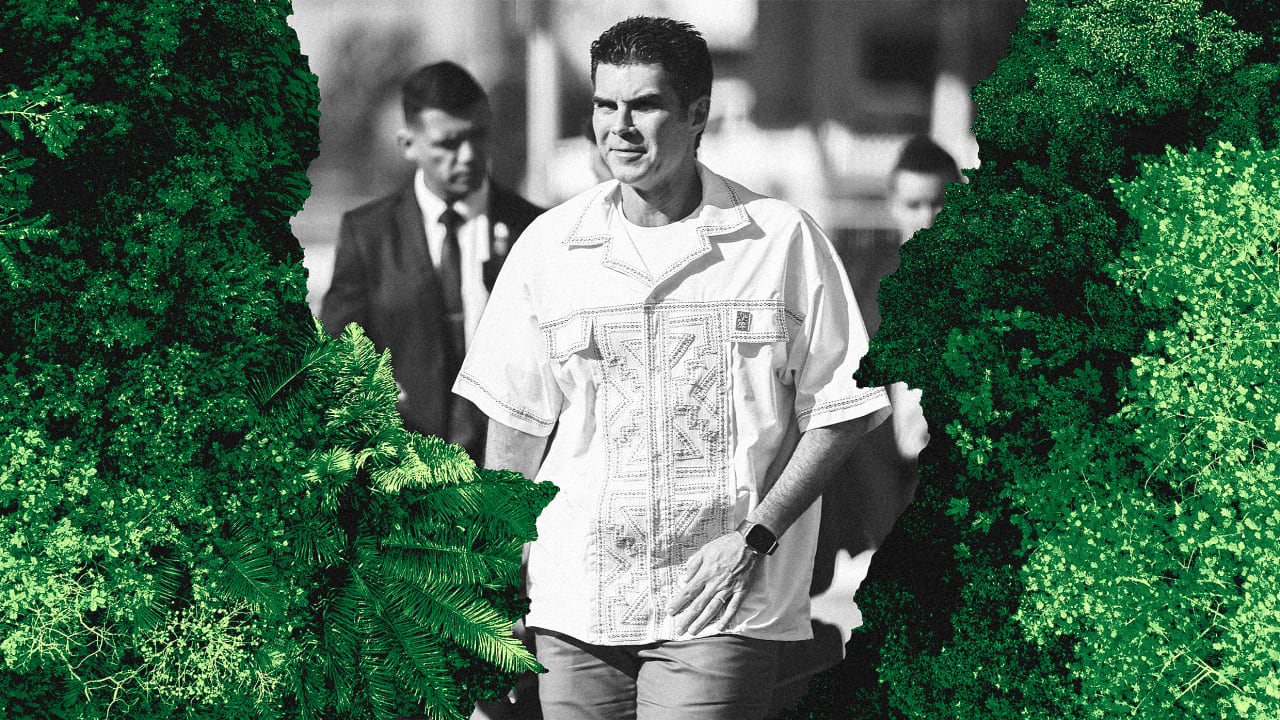How to Know If Your Child Is Suffering from Allergies?
Look for signs like frequent sneezing, itchy eyes, skin rashes, or persistent coughing. Consistent symptoms after exposure to certain foods or environments may indicate allergies.
As a parent, it can be difficult to tell whether your child is suffering from seasonal allergies or something else. Allergies often mimic symptoms of other common illnesses, so recognizing them early can help you manage your child’s discomfort more effectively. Whether it's pollen allergies, pet dander, or dust mites, understanding the signs and knowing how to respond can make a big difference for your child.
In this article, we’ll explore the signs that indicate your child might be struggling with allergies and provide tips for finding the right allergy relief.
Common Signs of Allergies in Children
Children often have trouble explaining their symptoms, which can make it challenging to figure out what’s going on. Here are some common allergy symptoms to look out for:
-
Sneezing: Frequent sneezing, especially when outside, could be a sign of pollen allergies.
-
Itchy Eyes: If your child is rubbing their eyes constantly or complaining of itching, this could be a sign of an allergic reaction.
-
Runny Nose or Nasal Congestion: A runny or stuffy nose that doesn’t seem to go away, especially during allergy seasons, is a telltale sign of seasonal allergies.
-
Coughing: Allergies can cause post-nasal drip, which may result in a persistent cough.
-
Skin Rash: Sometimes, allergens can cause skin reactions, such as hives or eczema, especially with food or pet dander allergies.
If your child has symptoms that persist, it’s important to take note and consult a healthcare professional for an accurate diagnosis.
How to Identify Common Allergy Triggers
Several common allergens might be affecting your child, including:
-
Pollen Allergies: Spring and fall bring an increase in pollen, which is often the primary culprit behind seasonal allergies. Tree, grass, and weed pollen can trigger sneezing, itchy eyes, and runny noses.
-
Dust Mites: These tiny creatures live in bedding, carpets, and furniture. Dust mites are a year-round problem and can lead to constant congestion and sneezing, especially in the colder months when windows are closed.
-
Pet Dander: If you have pets, pet dander could be to blame. This is especially common in households with cats and dogs. If your child experiences allergy symptoms after being around animals, dander may be the cause.
-
Mold: Mold spores thrive in damp environments and can trigger allergic reactions, leading to coughing, sneezing, and eye irritation.
To narrow down the cause of your child's symptoms, observe when and where the symptoms occur. For instance, if the symptoms worsen when outside during peak pollen seasons, pollen allergies are likely the problem.
When to Seek Professional Help
While many allergy symptoms can be managed at home, sometimes it’s necessary to see an expert, especially if your child’s symptoms are severe or persistent. Here are a few signs that it might be time to consult an allergist in Merced or your child's doctor:
-
Symptoms Last for Weeks or Months: If your child’s symptoms last for an extended period, such as throughout the spring or fall, it could indicate that allergies are the underlying cause.
-
Difficulty Breathing or Wheezing: If your child has trouble breathing, wheezes, or experiences chest tightness, it could be a sign of more severe allergic reactions, like asthma.
-
Persistent or Recurring Ear Infections: Allergies can cause fluid to build up in the middle ear, which can lead to ear infections.
-
Severe Skin Reactions: If your child develops severe rashes, hives, or swelling, they may be experiencing an allergic reaction that requires medical attention.
An allergy test in Fresno or nearby can help determine what’s triggering your child's symptoms, allowing you to address them more effectively.
Allergy Relief and Treatment Options for Children
Once you've identified that your child is dealing with allergies, there are several ways to help them find allergy relief:
1. Medications
-
Antihistamines: These can reduce sneezing, runny noses, and itchy eyes. Look for children’s formulas that are safe and effective.
-
Nasal Sprays: Nasal corticosteroid sprays can help reduce inflammation in your child's nose, offering relief from congestion.
-
Eye Drops: If itchy eyes are a big issue, allergy eye drops can help reduce irritation and redness.
Always consult with a healthcare professional or allergist in Merced before starting any medication to ensure it’s appropriate for your child’s age and health.
2. Avoidance Strategies
-
Limit Exposure to Allergens: Keep windows closed during high pollen seasons, and make sure your child washes their hands and face after being outside. This will help remove pollen from their skin and hair.
-
Create an Allergen-Free Home: Use air purifiers, wash bedding regularly, and remove any mold or dust buildup in your home to reduce indoor allergens.
-
Pet Management: If your child is allergic to pets, try to keep pets out of their bedroom and bathe pets regularly to reduce dander.
3. Natural Remedies
Some parents opt for natural remedies to help ease allergy symptoms. These can include:
-
Saline Nasal Rinses: A saline rinse can help clear allergens from your child’s nasal passages.
-
Honey: Local honey may help build tolerance to local pollen, although the effectiveness is still debated.
-
Essential Oils: Some essential oils, such as eucalyptus, may help open the airways and reduce symptoms. However, use essential oils cautiously, as some children may be sensitive to them.
Conclusion
Understanding whether your child is suffering from seasonal allergies or other allergens is key to helping them feel better. By recognizing common allergy symptoms, identifying the specific triggers, and consulting a professional when necessary, you can help your child manage their allergies more effectively. Whether it's pollen allergies, pet dander, or dust mites, finding the right treatment and prevention strategies will make a significant difference in their quality of life.
If you're unsure about what’s causing your child’s symptoms or if the allergies are severe, don’t hesitate to consult an allergist in Merced or get an allergy test in Fresno. The right diagnosis and plan will help bring your child the comfort they deserve.






































































![https //g.co/recover for help [1-866-719-1006]](https://newsquo.com/uploads/images/202506/image_430x256_684949454da3e.jpg)




























![[PATREON EXCLUSIVE] The Power of No: How to Say It, Mean It, and Lead with It](https://tpgblog.com/wp-content/uploads/2025/06/just-say-no.jpg?#)


















































!['Original White Collar Displacements': Mark Cuban Compares AI Taking Jobs to When There Was '2 [Million] Secretaries'](https://assets.entrepreneur.com/content/3x2/2000/1748533353-Mark-Cuban-2204471092.jpg?#)




